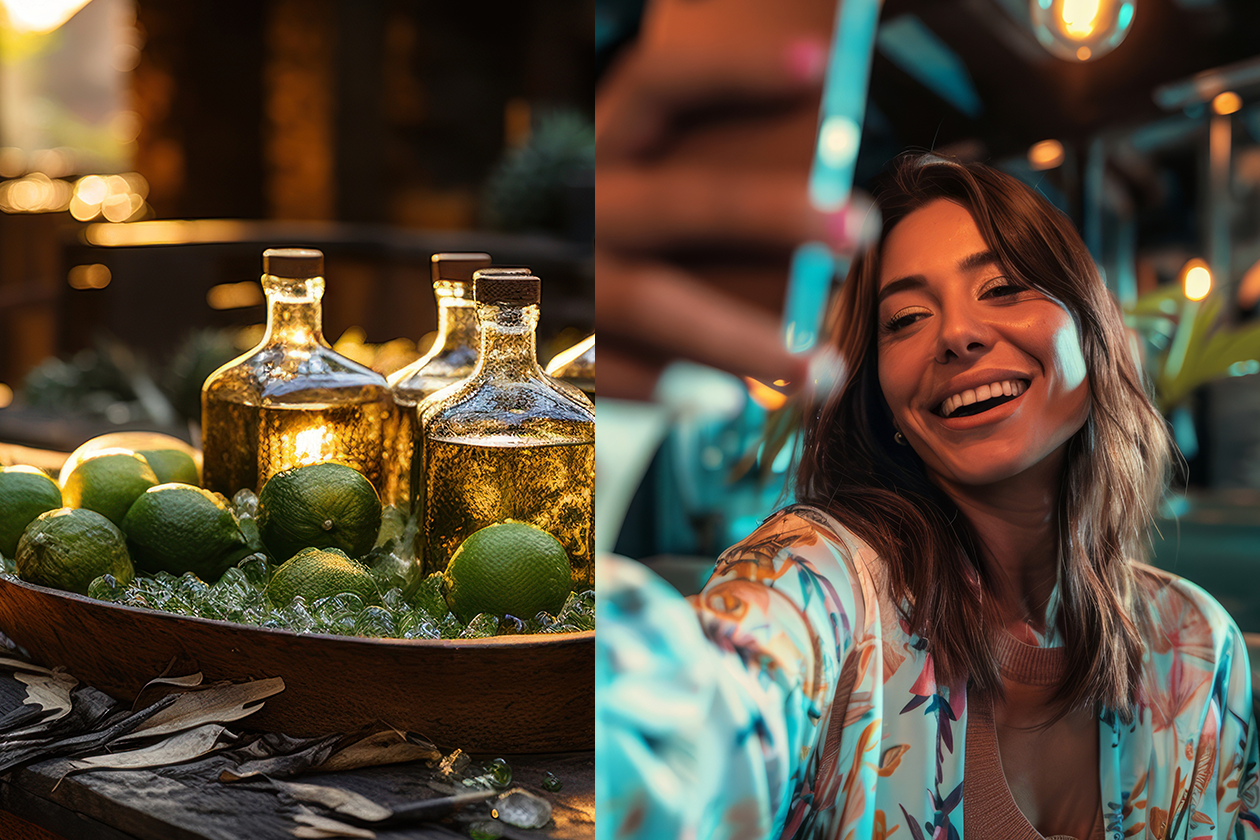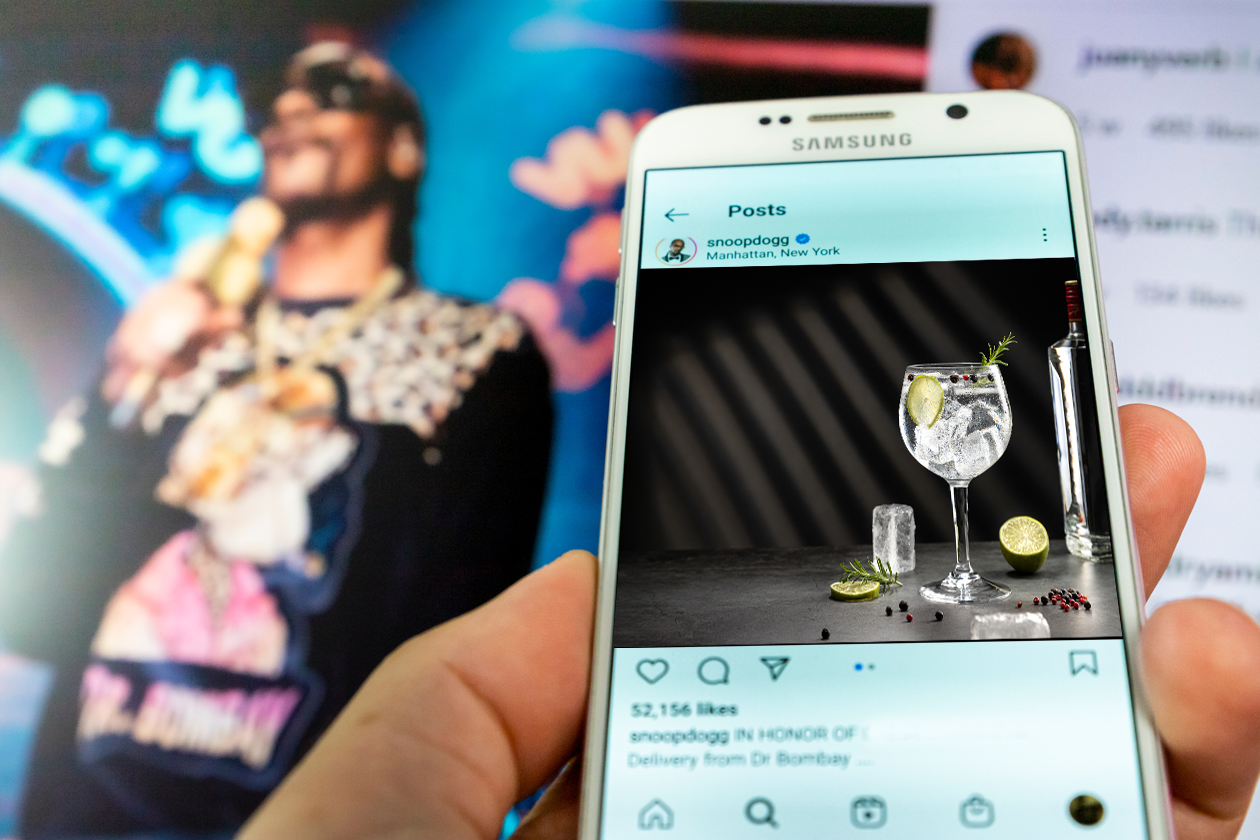Food and beverage brands have forever turned to celebrity endorsements to promote their products. Today, this model has shifted from a sports star being the face on the Wheaties box for a season to being the brand itself. Especially on the beverage side of the industry, celebrity-owned brands are popping up everywhere. The trend is most evident in alcohol, where celebrities buying into tequila brands has become a running joke among advertisers. Many celebrity booze brands have seen quick success: the partnerships are financially beneficial for both parties, and there’s a fun new connection between the celebrity and their fans.

“It’s really fascinating with the rise of social media; it’s so easy now to put a celebrity on something, and it reaches millions and millions of people—viral right off the bat,” explained Brandon Miller, creative director at C.O.nxt.
When a brand chooses a celebrity partner (or a celebrity chooses a brand to work with), it’s essential that the two align. Audiences will know when something feels authentic to a celebrity’s brand and when it’s a stretch.
“You wouldn’t expect someone historically sober to suddenly partner with an alcohol brand,” explained Kelli Calkins, social media manager at C.O.nxt. “In the same way, you wouldn’t expect someone who actively supports the environment to partner with a fast-fashion brand. This can make a partnership feel like a cash-grab and often results in backlash.”
Another element to consider when choosing a partner is the product’s target demographic. This is a factor for considering both a product category and a product within the category. For example, if a celebrity’s audience is young people ages 18-24, it’s fine for them to promote an alcohol brand. But it might not land as well if it’s a $200 bottle of tequila that their audience can’t afford. Knowing your audience is always crucial.
Promotion of the partnership is also a significant factor in its success. Ideally, a celebrity will tease interest in the product or industry for months or even years before the partnership is announced. This is where celebrities whose brands are genuine shine. Who better to buy gin from, anyway, than the singer of Gin and Juice, Snoop Dogg himself? (If you answered Ryan Reynolds, that’s a lesson on target audiences!) Brands that are not just a celebrity’s endorsement, but a true reflection of their interests and personality resonate more with the audience and are poised for even greater success.

Celebrity brands are also subject to a potential pitfall that traditional brands are not—if a celebrity falls from grace, the product will go with it. And that can be a high-stakes gamble, depending on the celebrity owner.
Celebrity beverage brands can succeed or fail based on celebrity choices unrelated to the brand or product. However, they can also offer a masterclass on using social media to mobilize fans to a new product, giving it the initial boom of interest that sets it up for success. If you need assistance with branding, brand partnerships or social campaigns, C.O.nxt is here to help.
C.O.nxt Insight.
Our team of subject matter experts focuses on food and agriculture—farm field to processing to entrée on a plate. We can help you build a new brand, protect an old one or target customers to foster sales. Let’s talk when the time is right to handle your next strategic marketing and communications challenge: Marcy Tessmann, marcy@co-nxt.com.
SHARE THIS STORY
What Would You Solve in 30 Days?
Every brand faces moments when clarity, momentum, or alignment are lacking. Sometimes it’s a new product that needs a smart go-to-market plan. Other times, it’s a shift in the business that calls for a tighter

